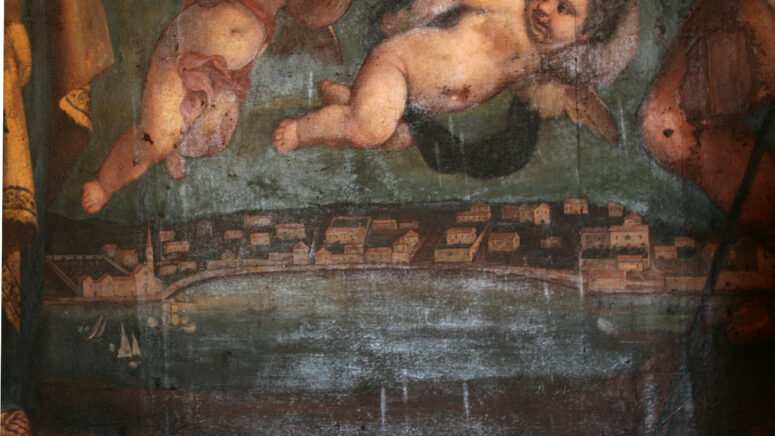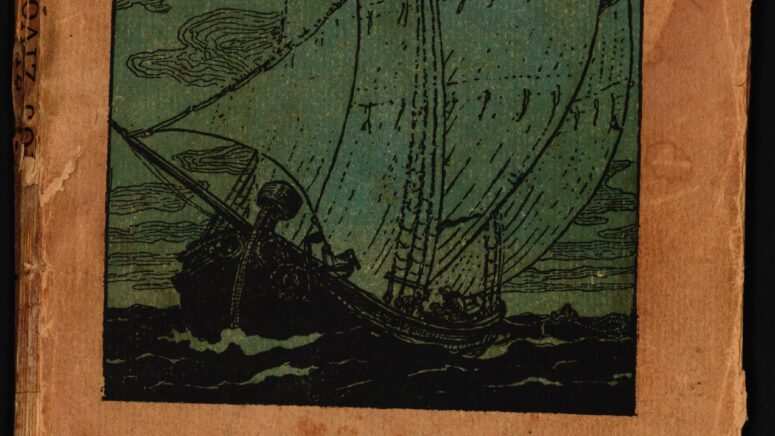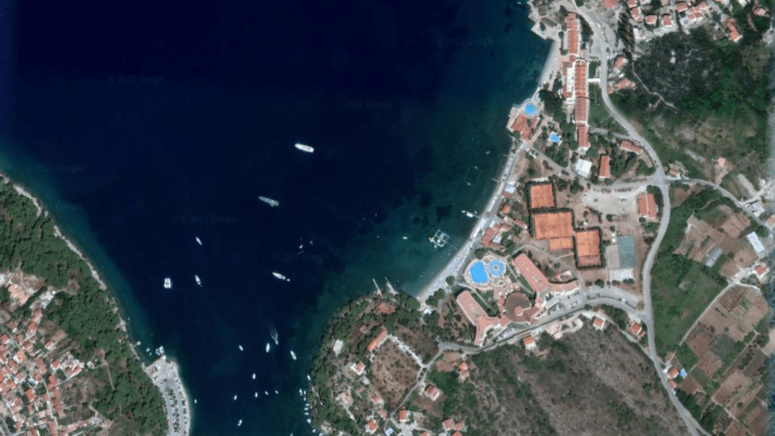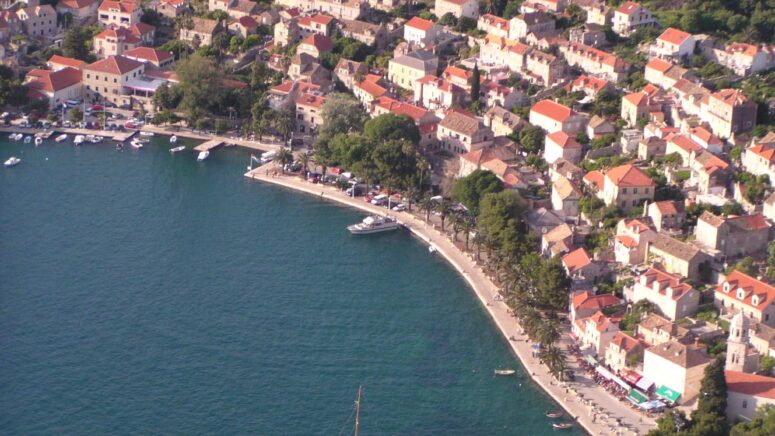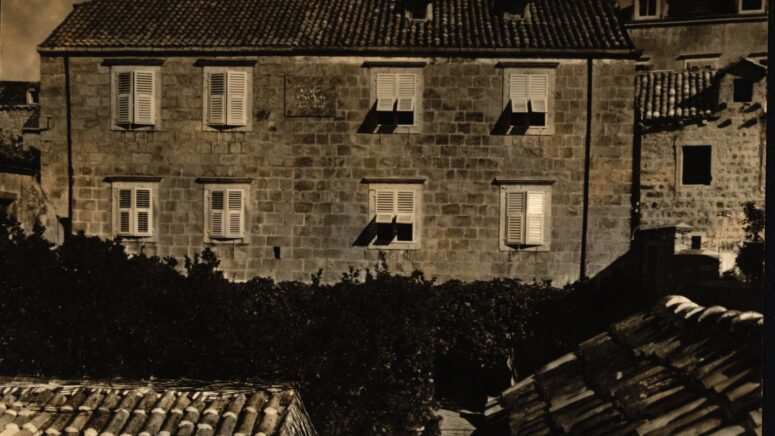In the invaluable De administrando Imperio (`On the Governance of the Empire’) by Constantine VII Porphyrogenitus, a Byzantine emperor from 913 to 959, the following was written: The city of Rausij is not called `Rausi‘ in the language of the Romans, but because it stands on cliffs, and the cliff is called `lau‘ in Roman […]
`To him, a person can be either cherished or loathed. He is devoid of any pretence, and is rather inconsiderate in this regard. He either loves or hates. Anyone who has resented him once will hardly be able to get back into his favour. When he burns a bridge with someone, that ship has sailed […]
Donji Obod is an area of great archaeological significance in terms of research on not only the Roman colony of Epidaurum, but also an Illyrian settlement which most likely preceded the existence of the ancient Roman town. Unfortunately, the historical imprint of the latter is almost unreadable due to the preparatory actions for the construction […]
Although the Konavle municipality expresses its cultural, national and religious unity through a shared way of life, shared customs, dialect, folklore and many other features of its people, as well as through common social and economic interests in the development of the area, its regions are at different stages of economic development and value. Furthermore, […]
In the early 19th century, Giuseppe Faggioni, an Italian sailor from the Genoa area and the grandfather of Vlaho Bukovac, sailed into the port of Cavtat. The exact reason for his prolonged stay in Cavtat has remained unknown – it is speculated to have been either a storm or a ship repair. What is known, […]
